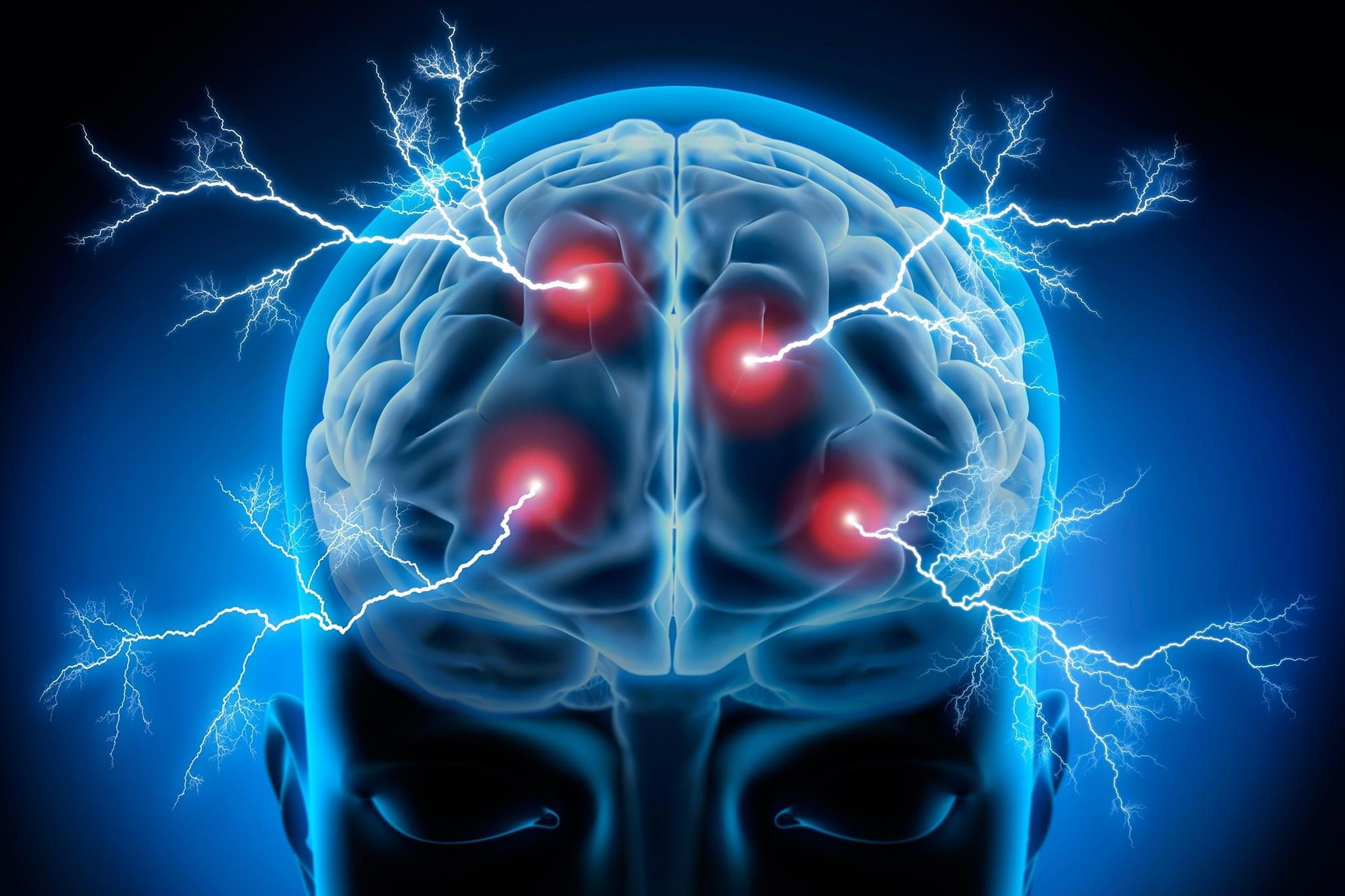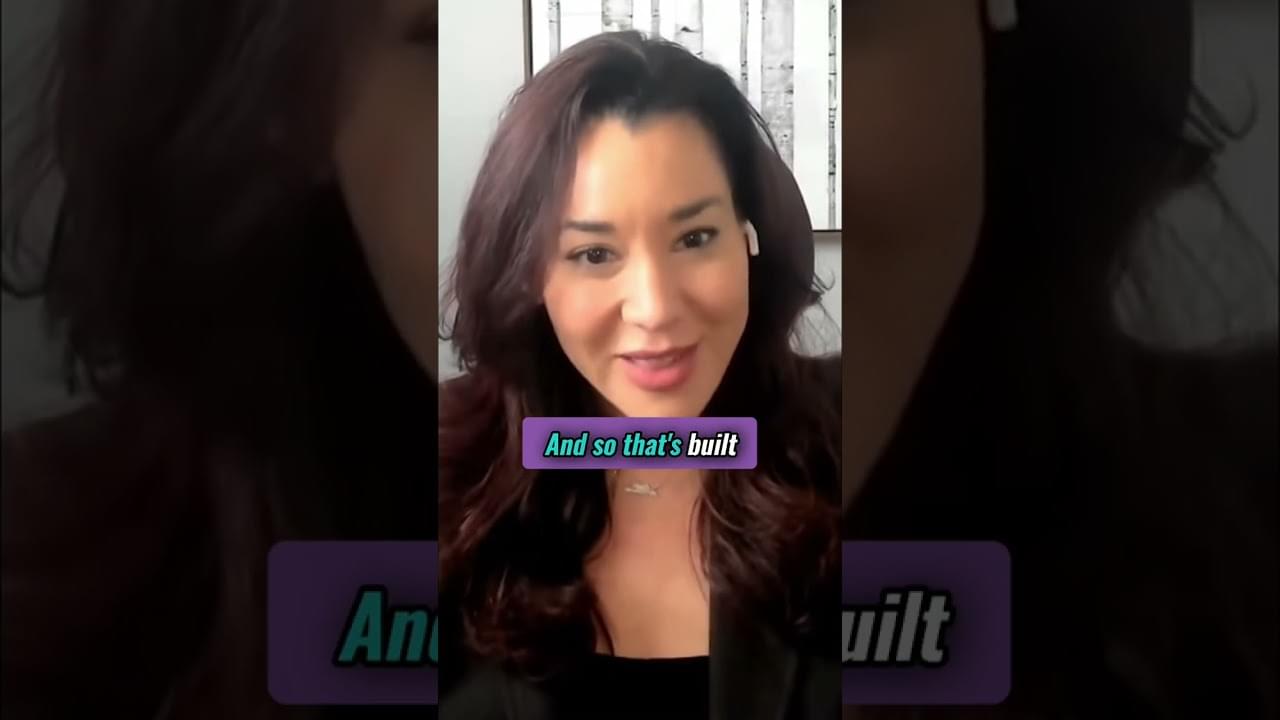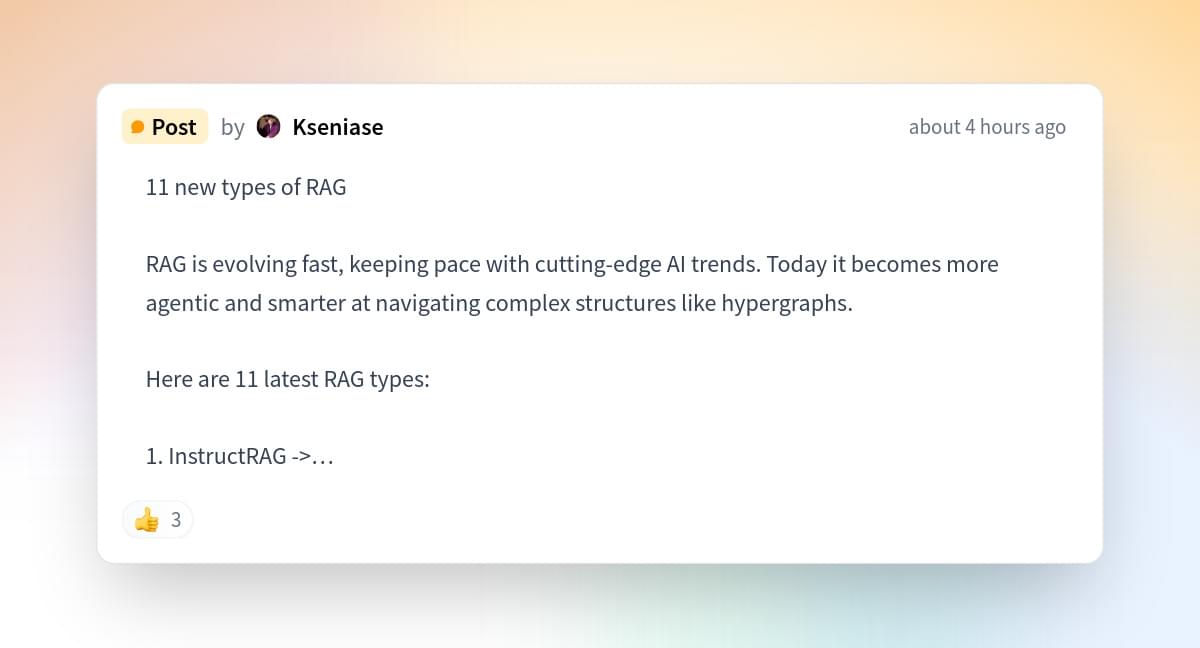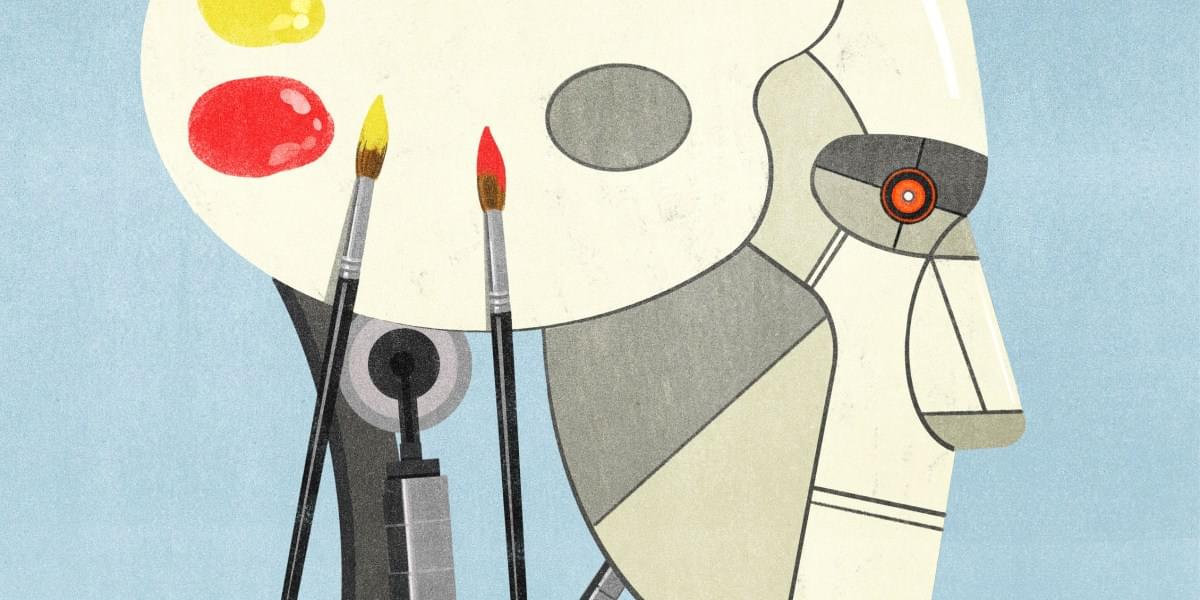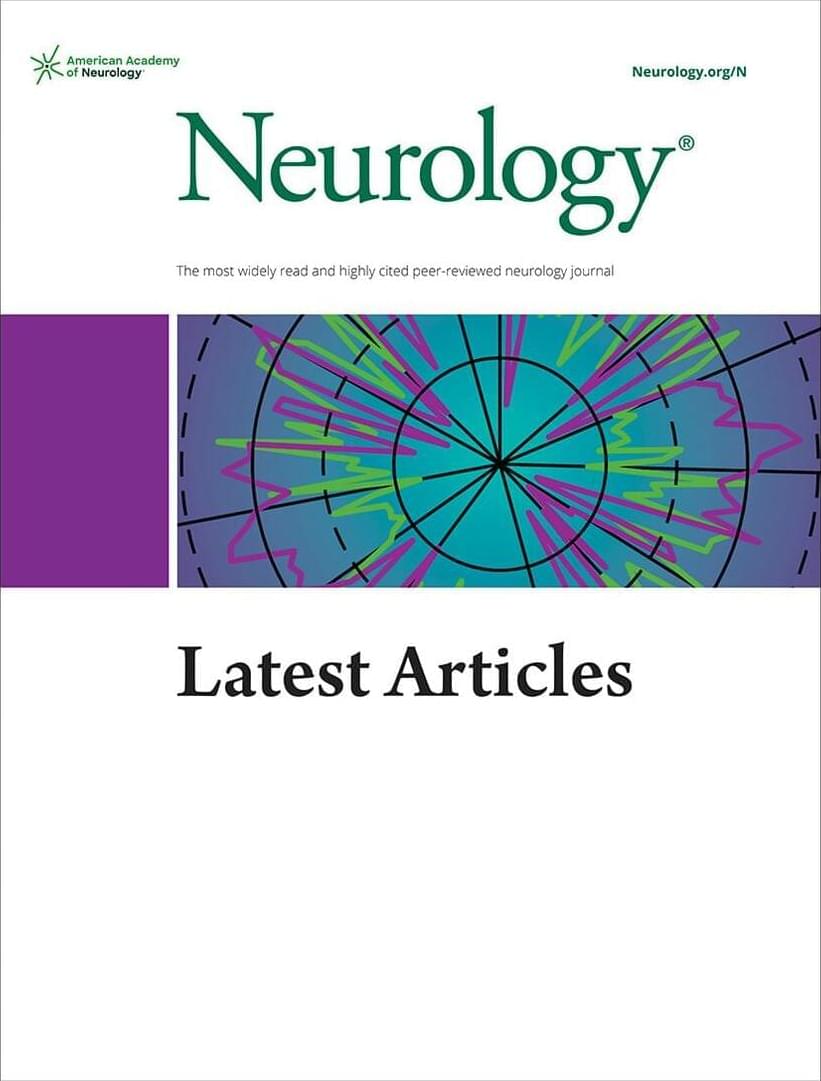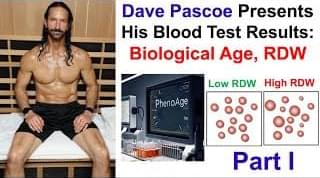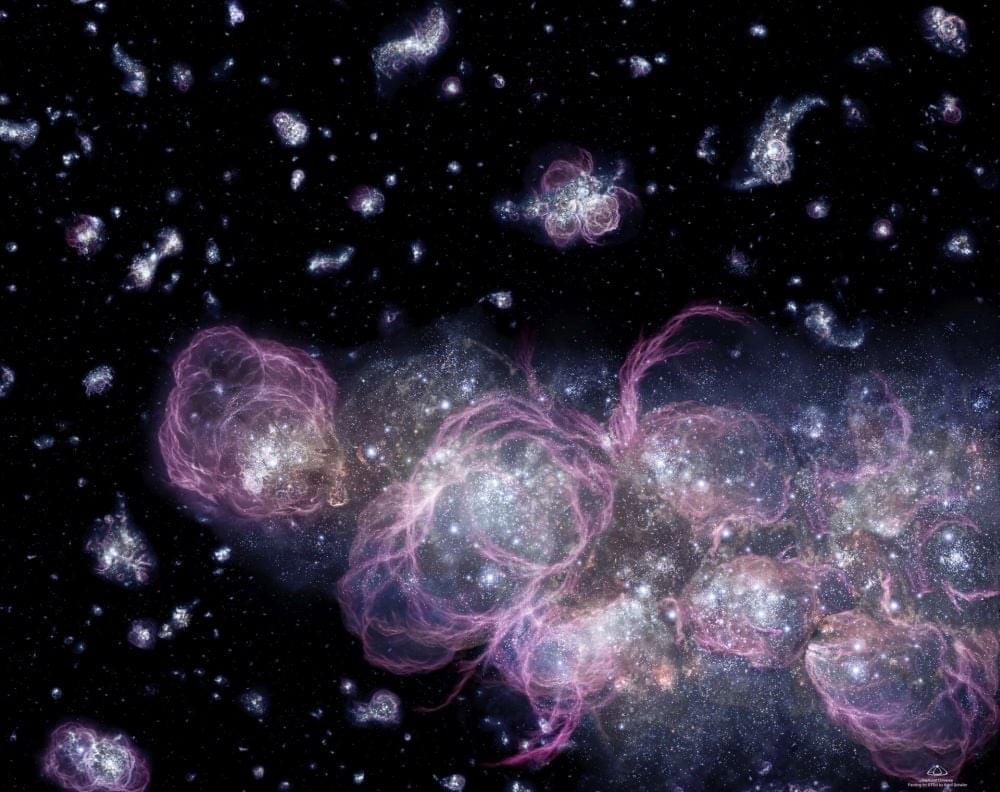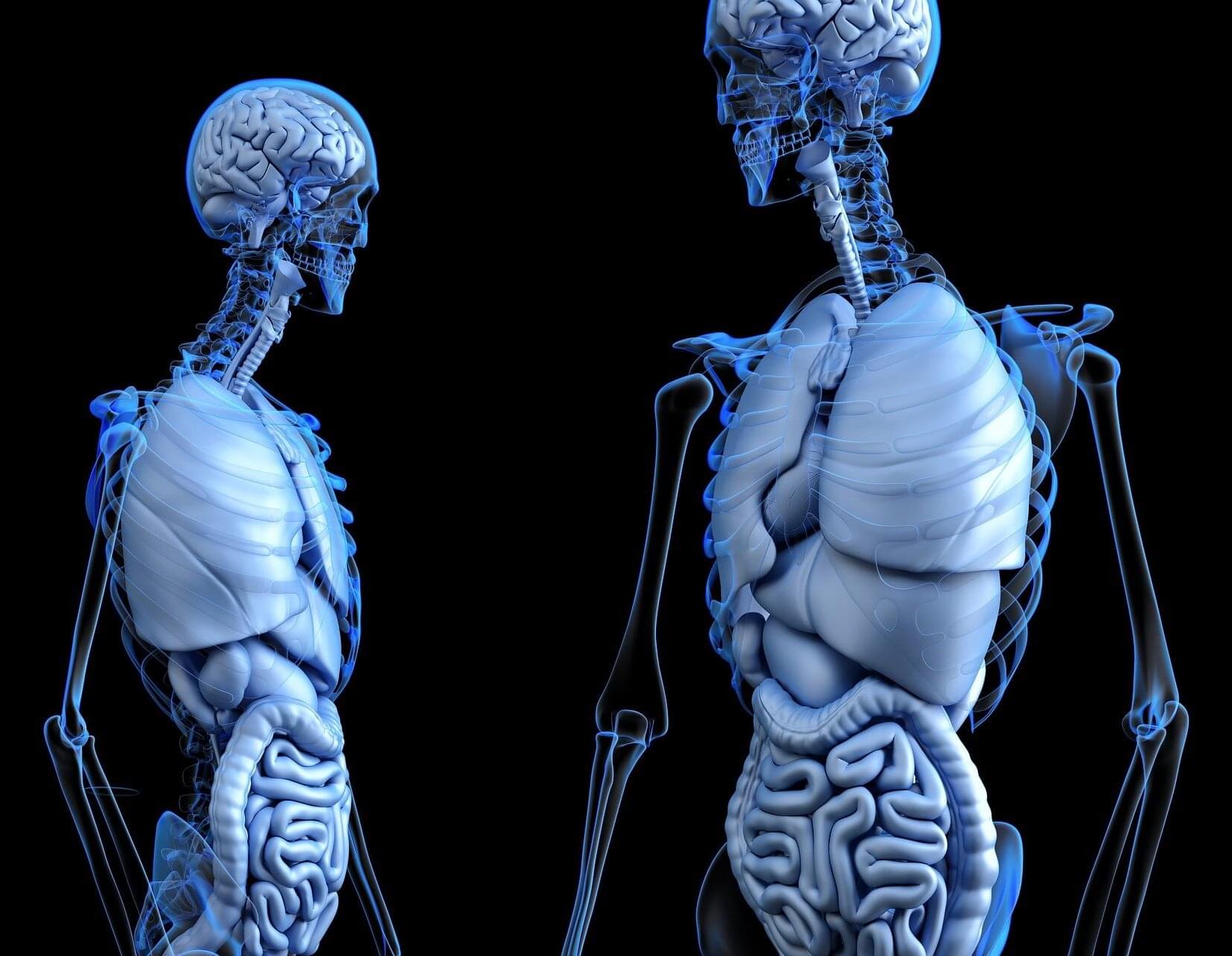A study from MLU found that brain stimulation using tDCS can slightly influence decision speed and flexibility, though its effects are subtle and context-dependent. A new study from Martin Luther University Halle-Wittenberg (MLU), published in the Journal of Cognitive Neuroscience, has found that
Anyone can give you a brainwave menu and say “Go wild.”
Because it’s not about the tech. It’s about changing your life.
#EngineeringMindset #DIYSuccess #ImpactfulChange #EfficiencyMatters #WellnessJourney
Cosmopsychism might seem crazy, but it provides a robust explanatory model for how the Universe became fine-tuned for life
We’re on a journey to advance and democratize artificial intelligence through open source and open science.
A 70-year-old man presented to the emergency department with a painful exacerbation of right trigeminal neuralgia, managed for 5 years with carbamazepine. Clinical examination revealed binocular diplopia due to an abduction deficit in the right eye and hypoesthesia in all divisions of the right trigeminal nerve (V1, V2, V3), without clinical signs of right VII or VIII cranial nerve involvement. High-resolution 3D T2-weighted steady-state MRI (Figure) revealed vertebrobasilar dolichoectasia (VD) with deviation of the right fifth cranial nerve root, complete atrophy of the right sixth cranial nerve, and deviation of the right acoustic-facial nerve bundle.
Open in viewer.
Although VD mainly causes ischemic stroke or brainstem compression, cranial nerve involvement is rare. Abducens nerve compression is exceptional, with 11 cases reported up to 2020,1 and combined fifth and sixth nerve involvement even rarer (2 cases).2.
Join us on Patreon! https://www.patreon.com/MichaelLustgartenPhD
Discount Links/Affiliates:
Blood testing (where I get the majority of my labs): https://www.ultalabtests.com/partners/michaellustgarten.
At-Home Metabolomics: https://www.iollo.com?ref=michael-lustgarten.
Use Code: CONQUERAGING At Checkout.
Clearly Filtered Water Filter: https://get.aspr.app/SHoPY
Epigenetic, Telomere Testing: https://trudiagnostic.com/?irclickid=U-s3Ii2r7xyIU-LSYLyQdQ6…M0&irgwc=1
Use Code: CONQUERAGING
NAD+ Quantification: https://www.jinfiniti.com/intracellular-nad-test/
Dark matter is a confounding concept that teeters on the leading edges of cosmology and physics. We don’t know what it is or how exactly it fits into our understanding of the universe. We only know that its unseen mass is a critical part of the cosmos.
Astronomers know dark matter exists. They can tell by the way galaxies rotate, by exploiting gravitational lensing, and by analyzing fluctuations in the Cosmic Microwave Background. But new research suggests that there might be another way to detect its presence.
The research is “Dark Matter (S)pins the Planet,” and it’s available on the arXiv preprint server. Haihao Shi, from the Xinjiang Astronomical Observatory at the Chinese Academy of Sciences, is the lead author. The co-authors are all from Chinese research institutions.
A new USC study suggests that gut imbalances in children with autism may create an imbalance of metabolites in the digestive system—ultimately disrupting neurotransmitter production and influencing behavioral symptoms.
The research, published in Nature Communications, adds to a growing body of science implicating the “gut-brain” axis in autism. The discovery raises the possibility of new treatment avenues. It’s an example of how research at USC, and other universities, drives innovation and leads to discoveries that improve lives.
“We demonstrated that gut metabolites impact the brain, and the brain, in turn, affects behavior. Essentially, the brain acts as the intermediary between gut health and autism-related behaviors,” said first author Lisa Aziz-Zadeh, a professor at the Brain and Creativity Institute at the USC Dornsife College of Letters, Arts and Sciences.
